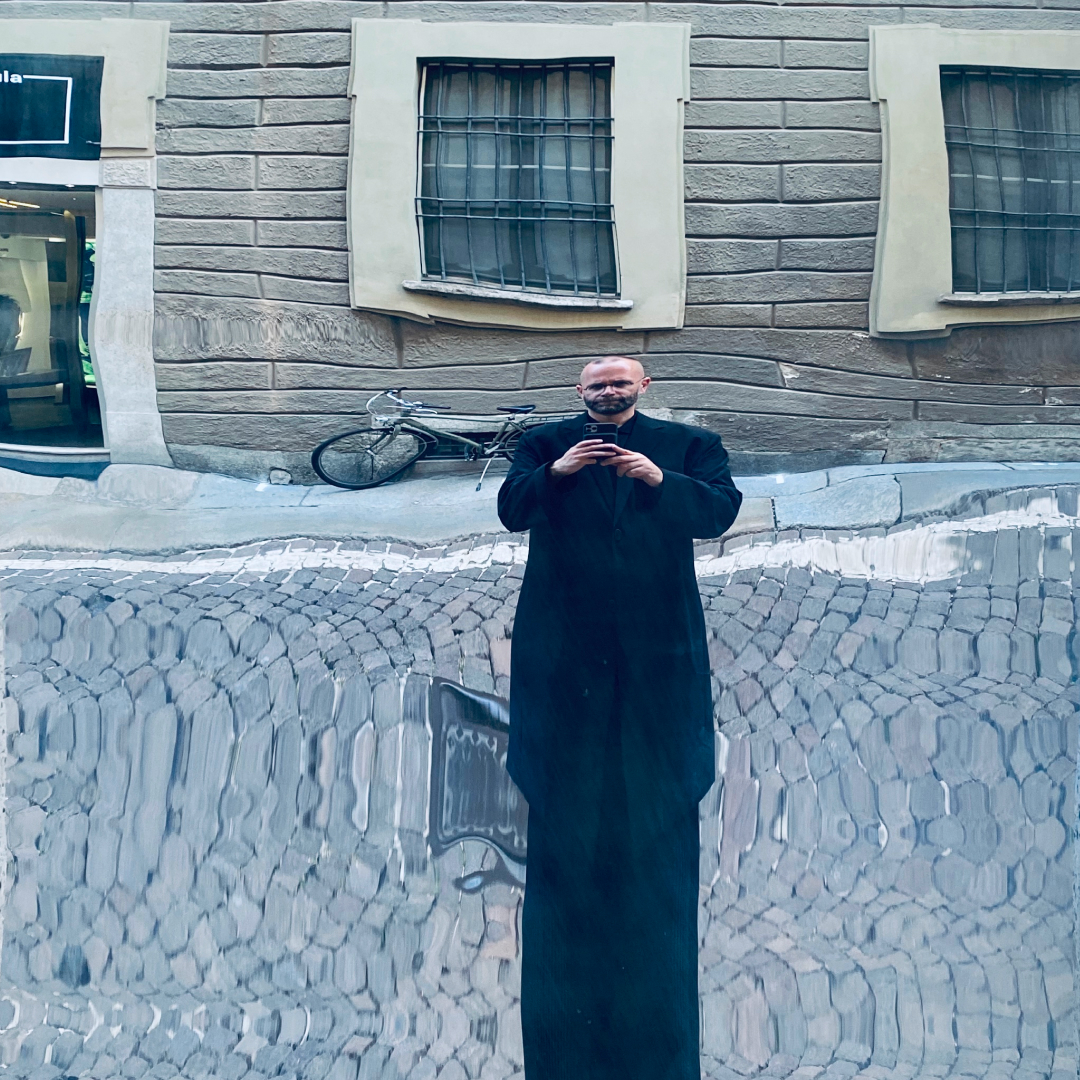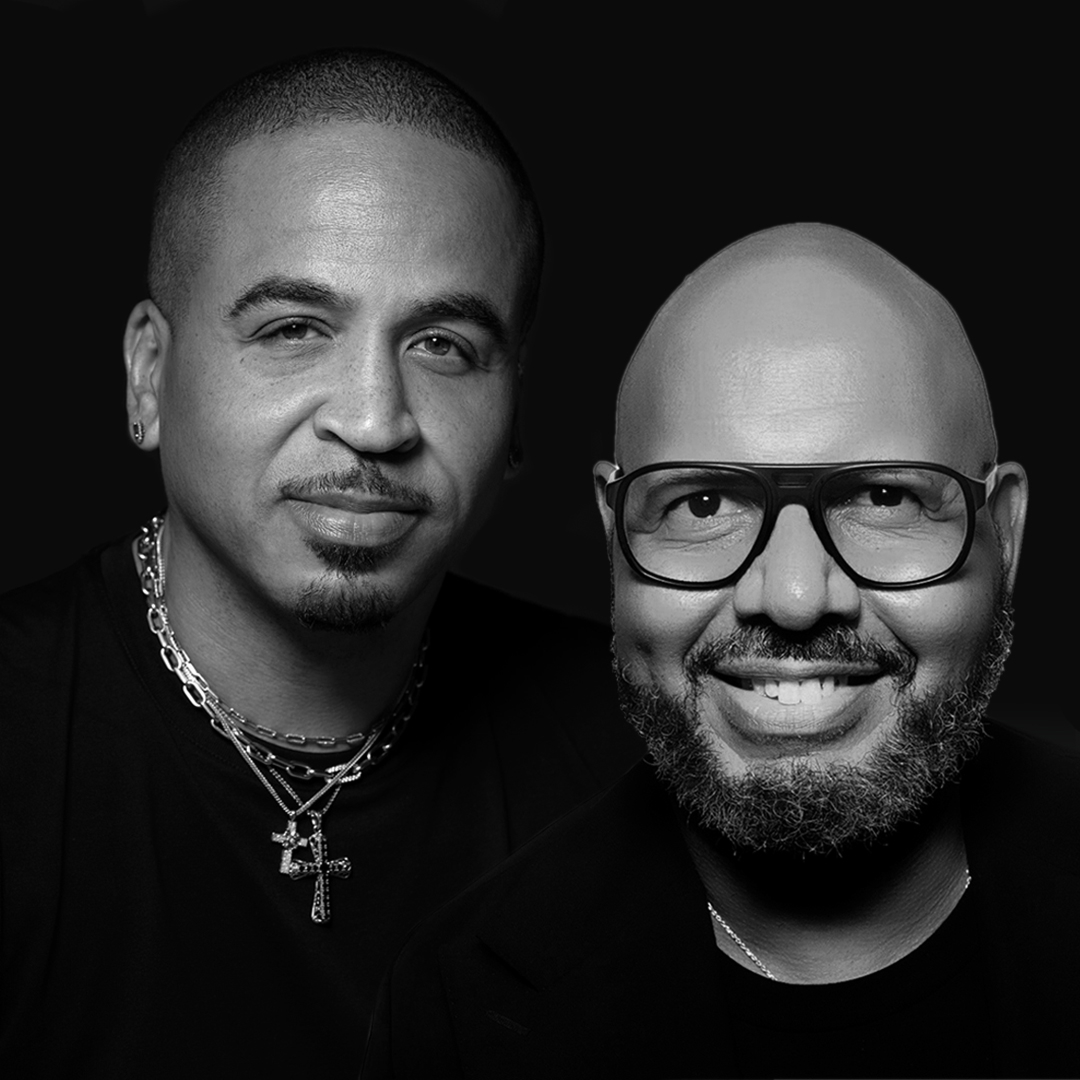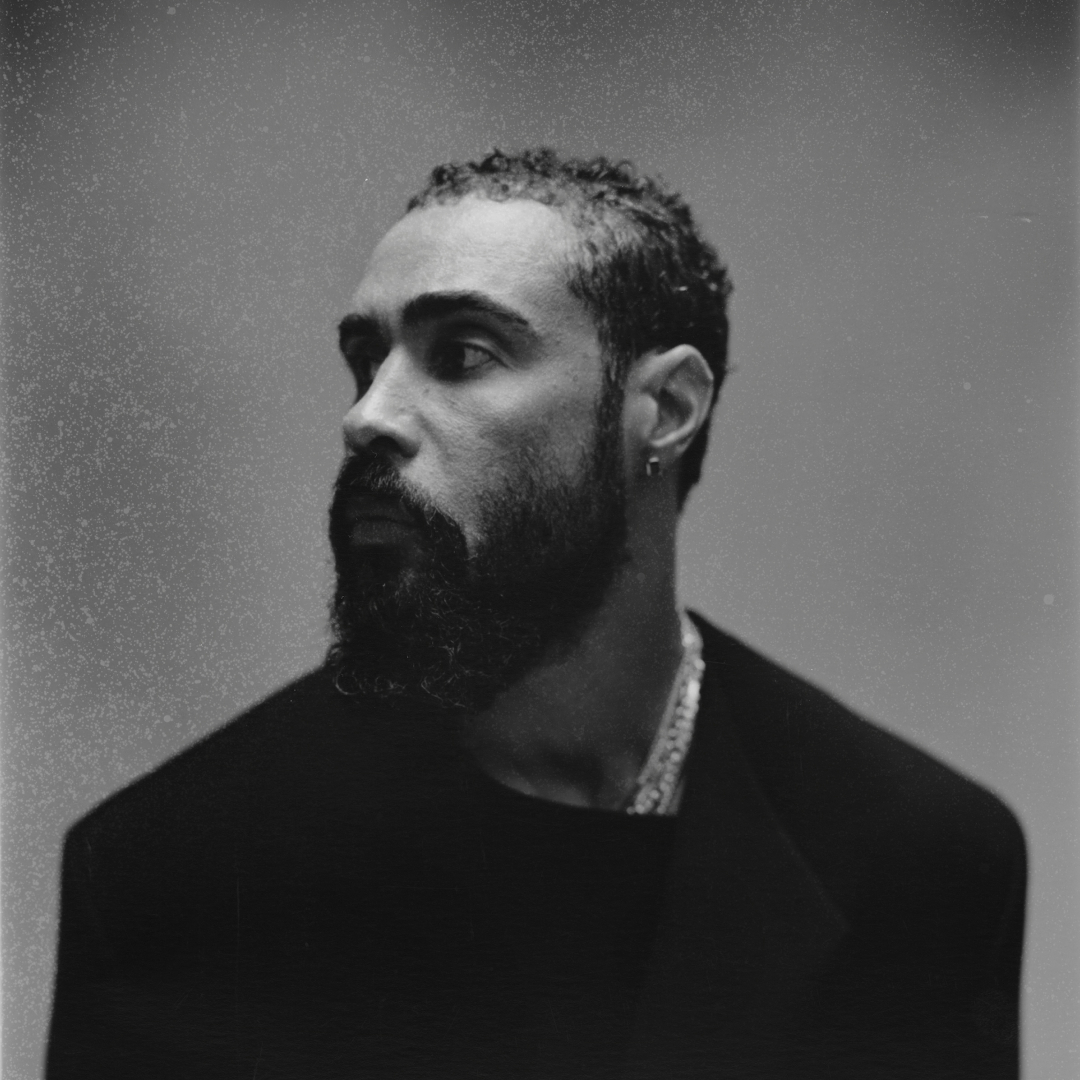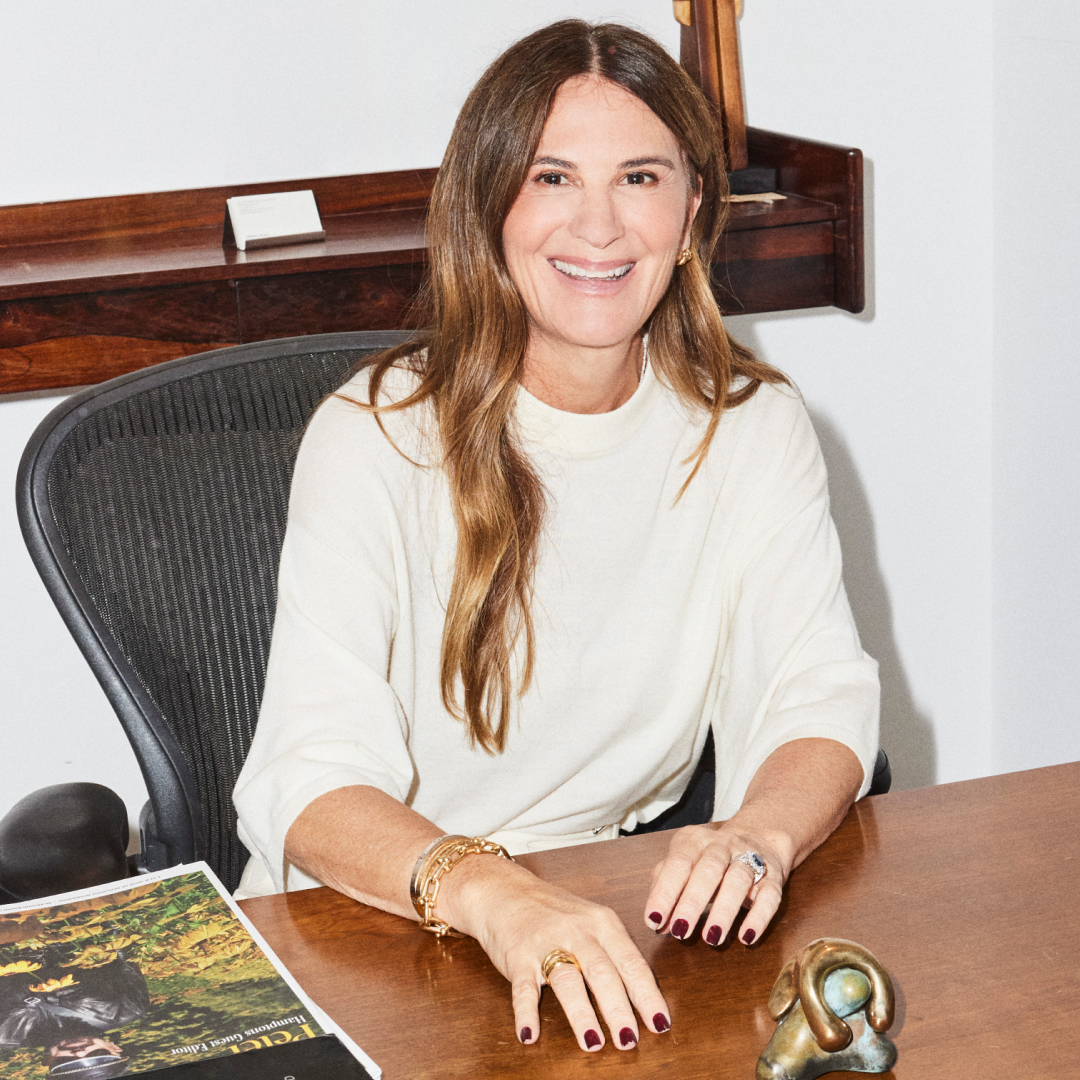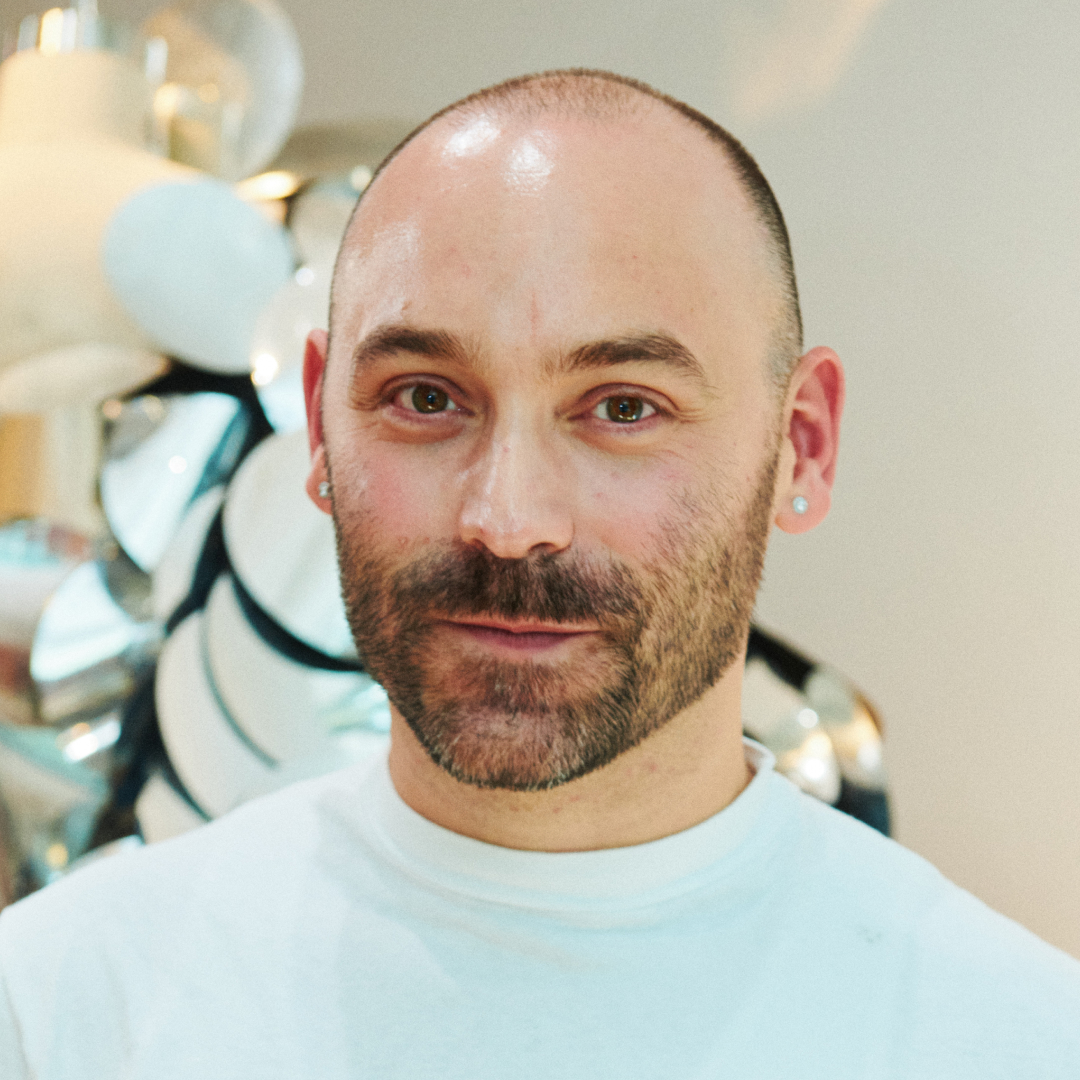Show Notes
Summary
Bestselling author and podcast host Gabby Bernstein believes unresolved trauma negatively impacts our lives and deprives us of the ability to connect. Gabby, one of the "soulful thinkers" featured on Oprah's Super Soul Sunday, explores the importance of doing the work to be present to each other—and foremost ourselves—amidst the noise and alienation found everywhere in today's world. In this episode, she explains to Christopher Michael wounding left untended is at the root of toxic emotions like alienation, anger, and judgment. She shares her own experiences with traumatic dissociation and drug addiction and her practices and path to wholeness. Highlighting ways to combat hypervigilance, diffuse "impostor syndrome," and lean into reconnection with our bodies, she stresses that even the most mindful among us will always be a work in progress. What's contemporary now? "A trend toward well-being and a concerted effort to get out of our bubbles, seeking stability through connection."
Episode Highlights
- Friendly vs. hostile: Gabby believes that the problems in the world arise from poor choices made from a place of unresolved childhood trauma.
- Common ground: Shared core beliefs founded in love and compassion enable us to work and live with people with different views.
- Objective reality: Unresolved childhood wounding often appears in projection forms that invite our curiosity and self-compassion (along with boundaries).
- See it, be it: Manifestation is about clearing beliefs, fears, or insecurities that hold us back from assuming the energy of what we truly desire.
- Analysis paralysis: A closer look at Gabby's journey to transparency, vulnerability, and authentic truth as a vehicle for connection.
- Gabby's path: She turned away from a life as a nightlife publicist, numbed her painful trauma with drugs and alcohol, and went on to embrace sobriety and honesty.
- Walking the talk: Holding space for and witnessing the transformation of others—particularly women she has sponsored— has been healing for Gabby.
- Doing the work: Gabby uses therapy and other tools to combat impostor syndrome or feelings of emptiness that crop up—no matter how successful we are.
- The control trap: Living in safety is the best way to heal hypervigilant nervous systems, including through modalities.
- Being present: Gabby finally feels fully alive and attuned to her body and is no longer shut off to mental and physical connection.
- Creating connection: For those who have experienced complex trauma, creating connection is a long, slow process of gently thawing dissociative reflexes without triggering panic. (recommended reading: "Happy Days: The Guided Path from Trauma to Profound Freedom and Inner Peace.") ; For those struggling with everyday life's stresses, grounding practices, movement practices, and meditation to center, calm, and help visualize healing and well-being.
- Words of wisdom: "When we learn how to explore and change our minds about the world we see, then our experience (and our experience of our experience) of the world changes accordingly. And that mental shift is miraculous!"
Related Episodes











